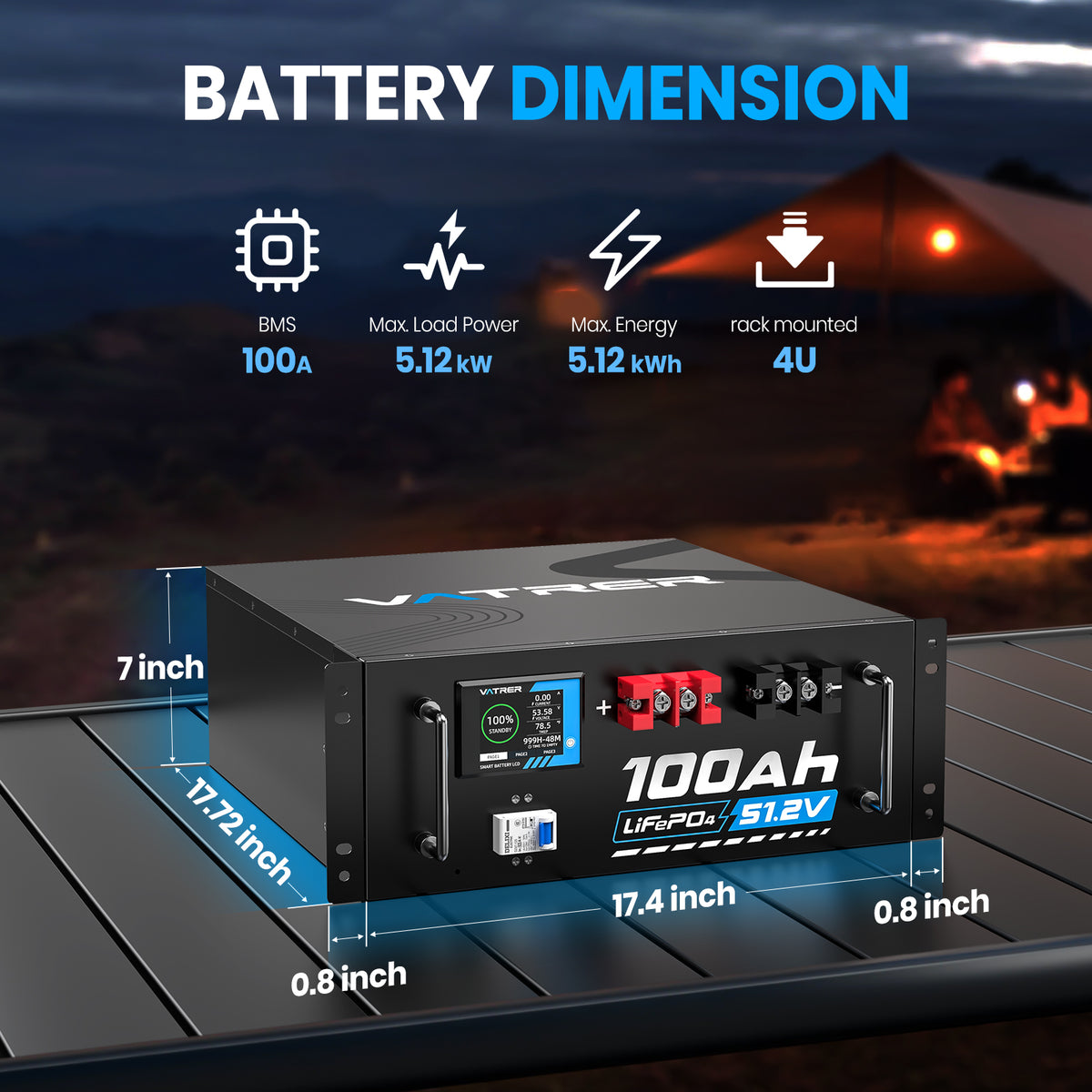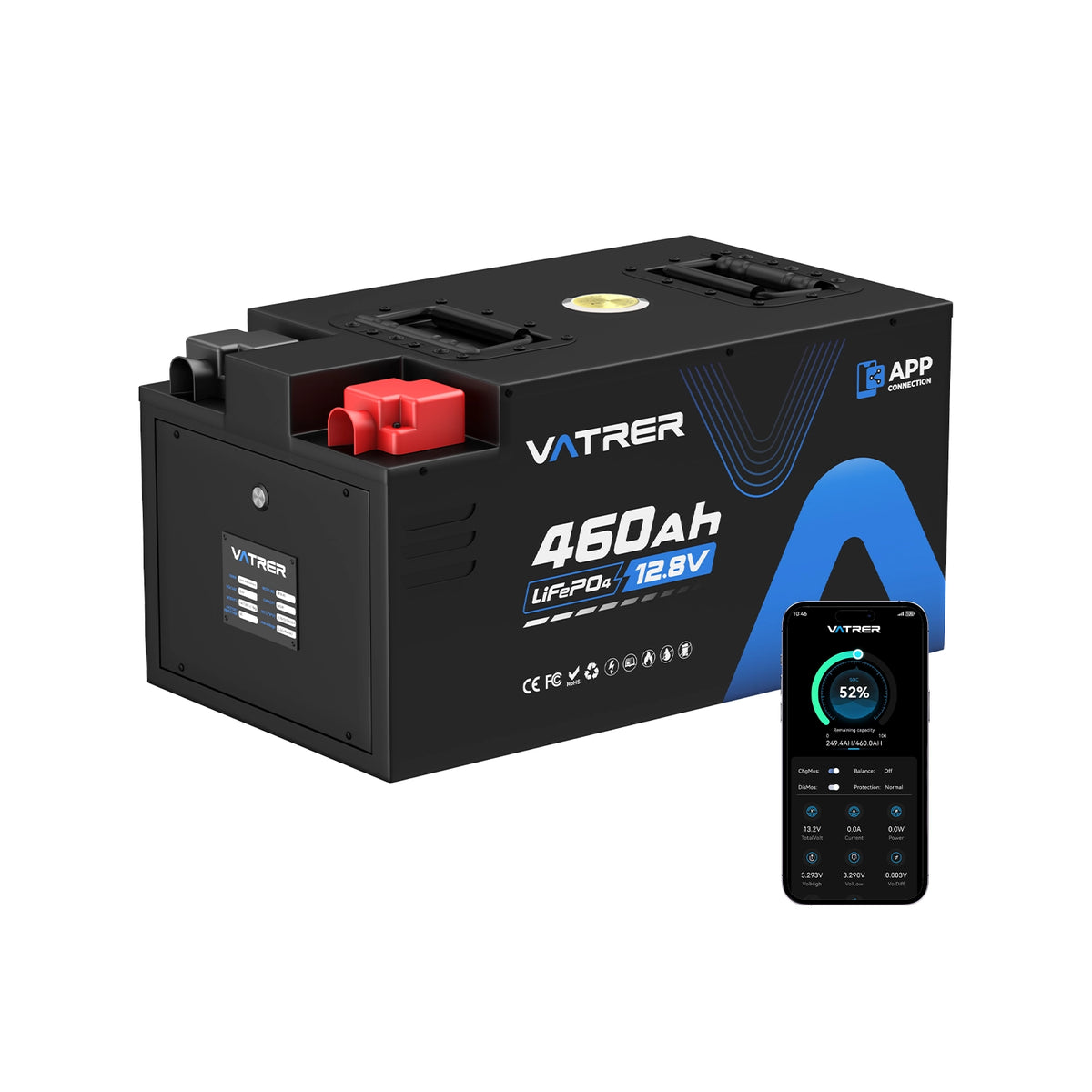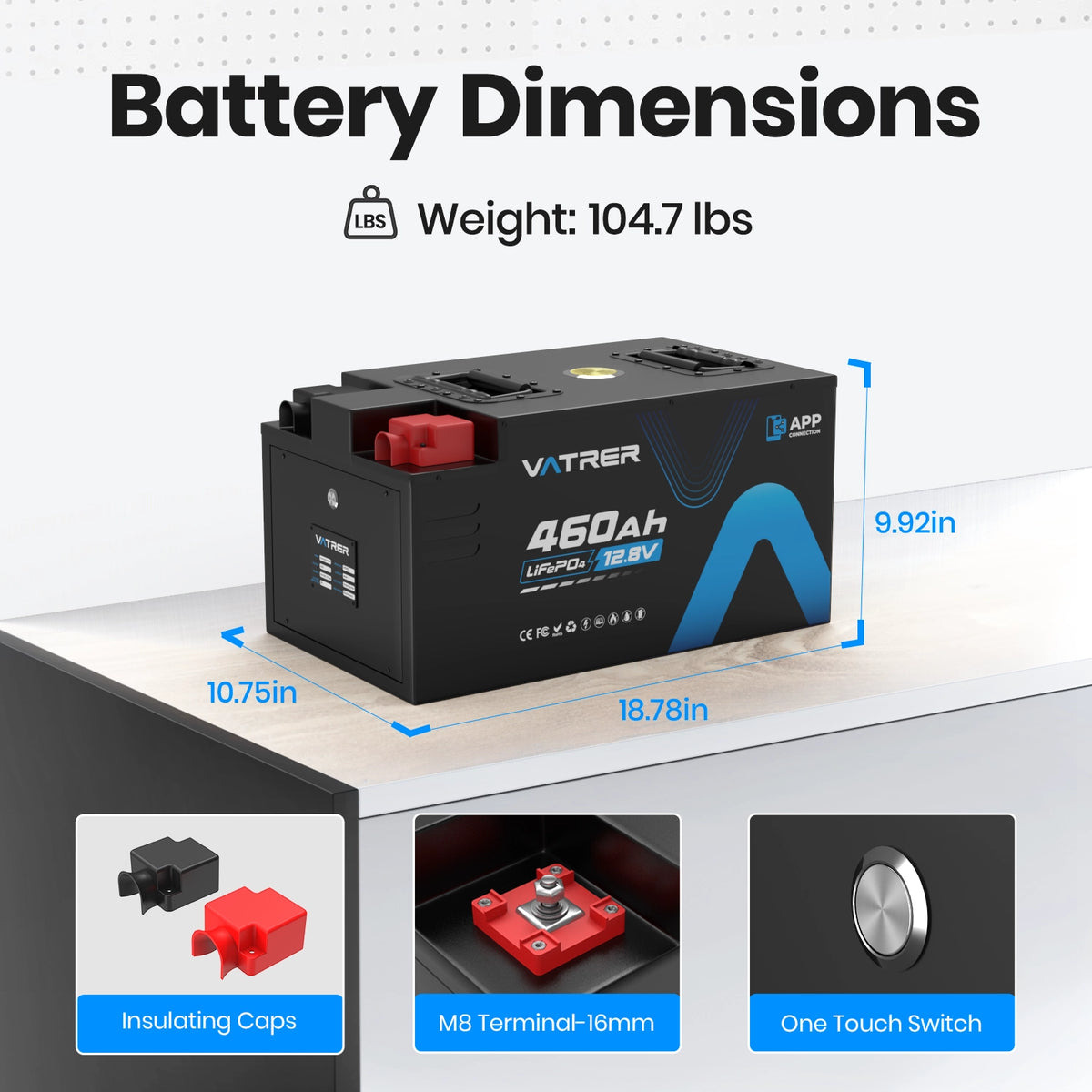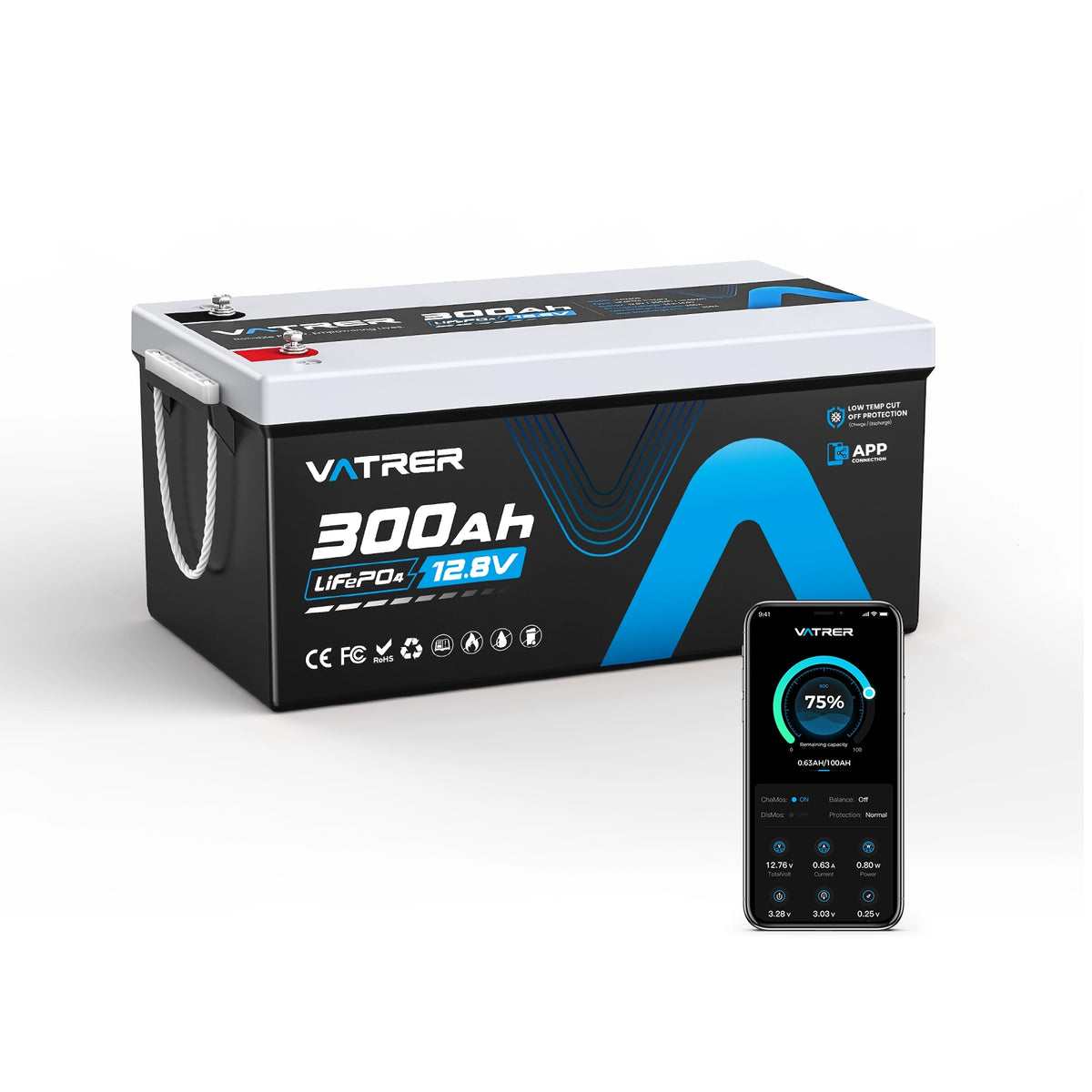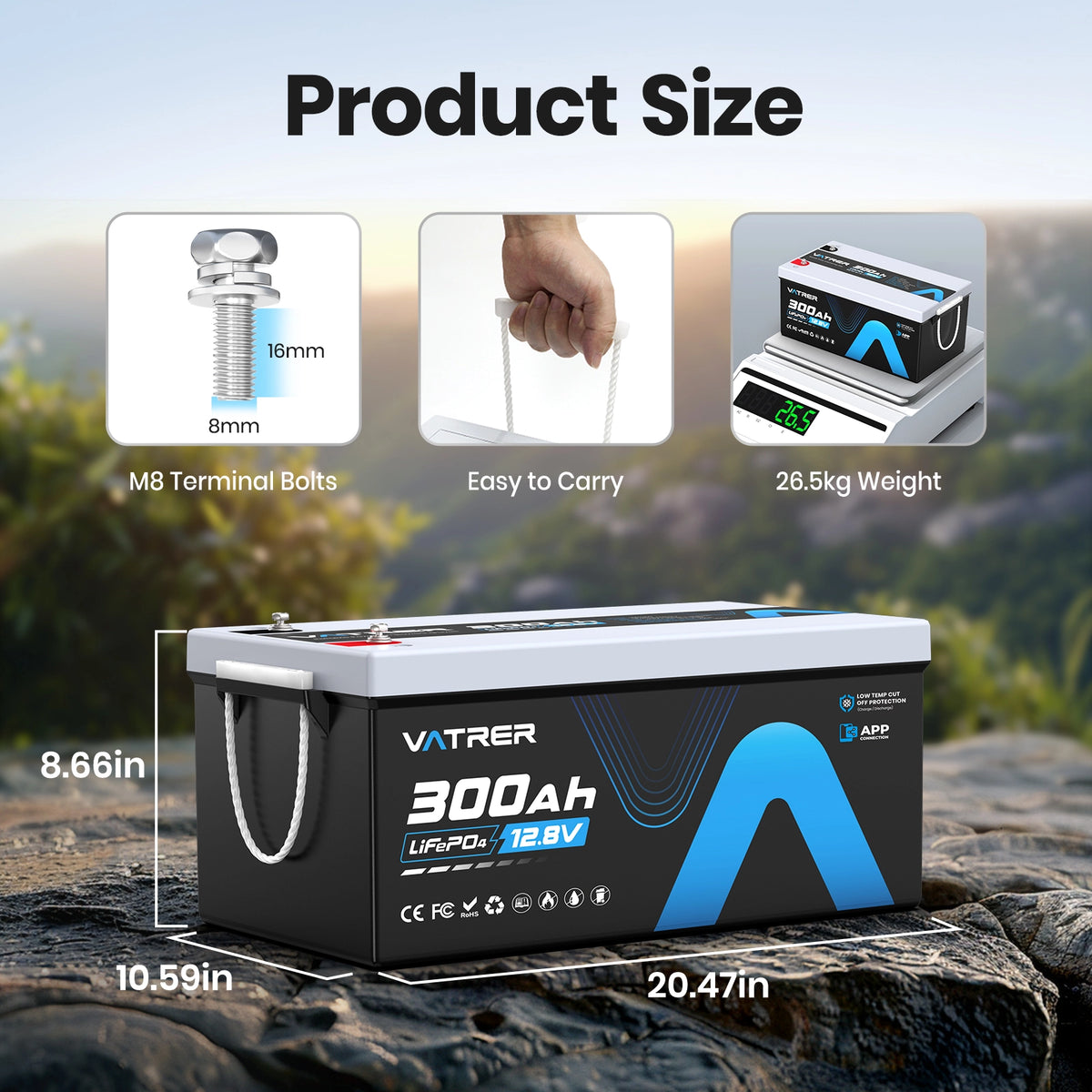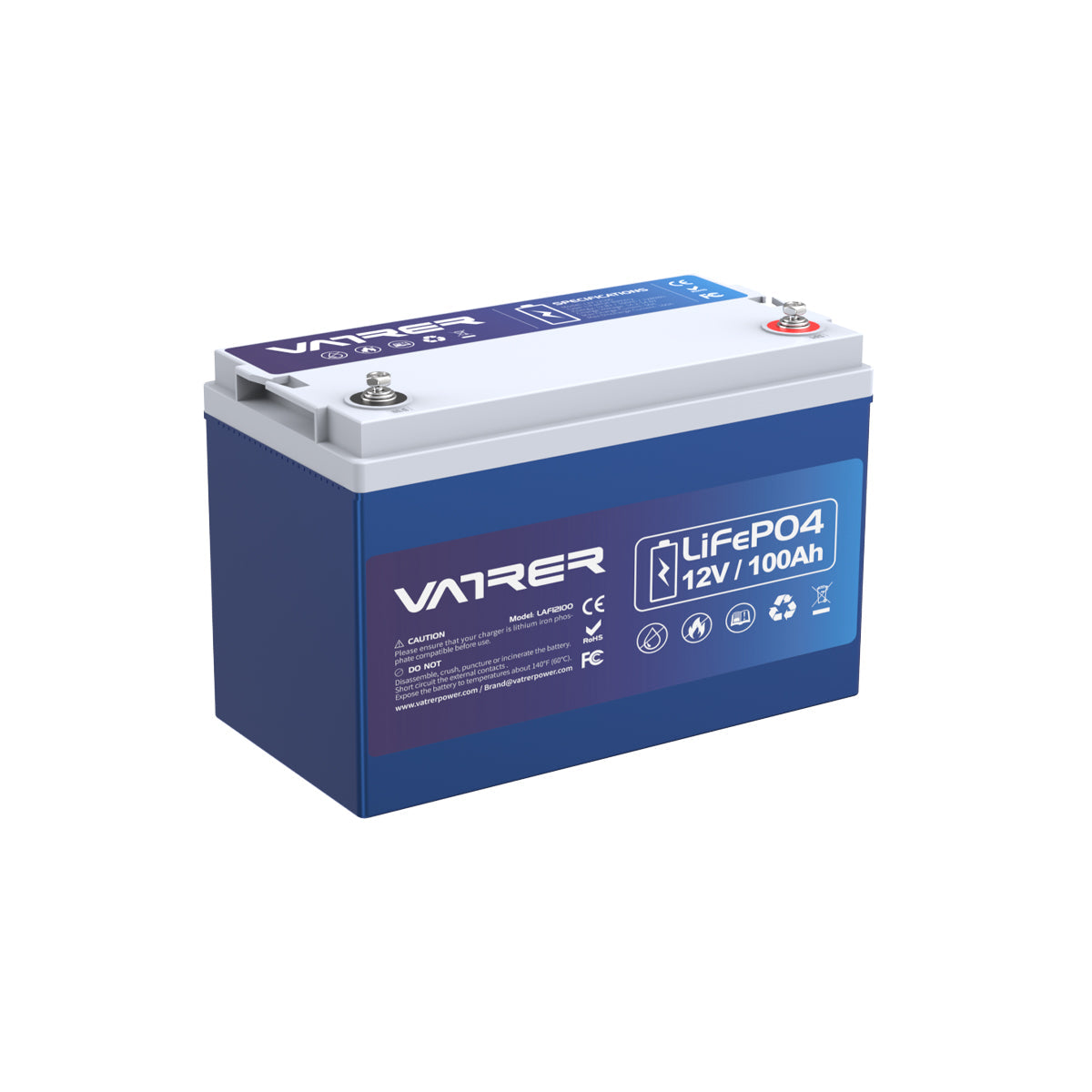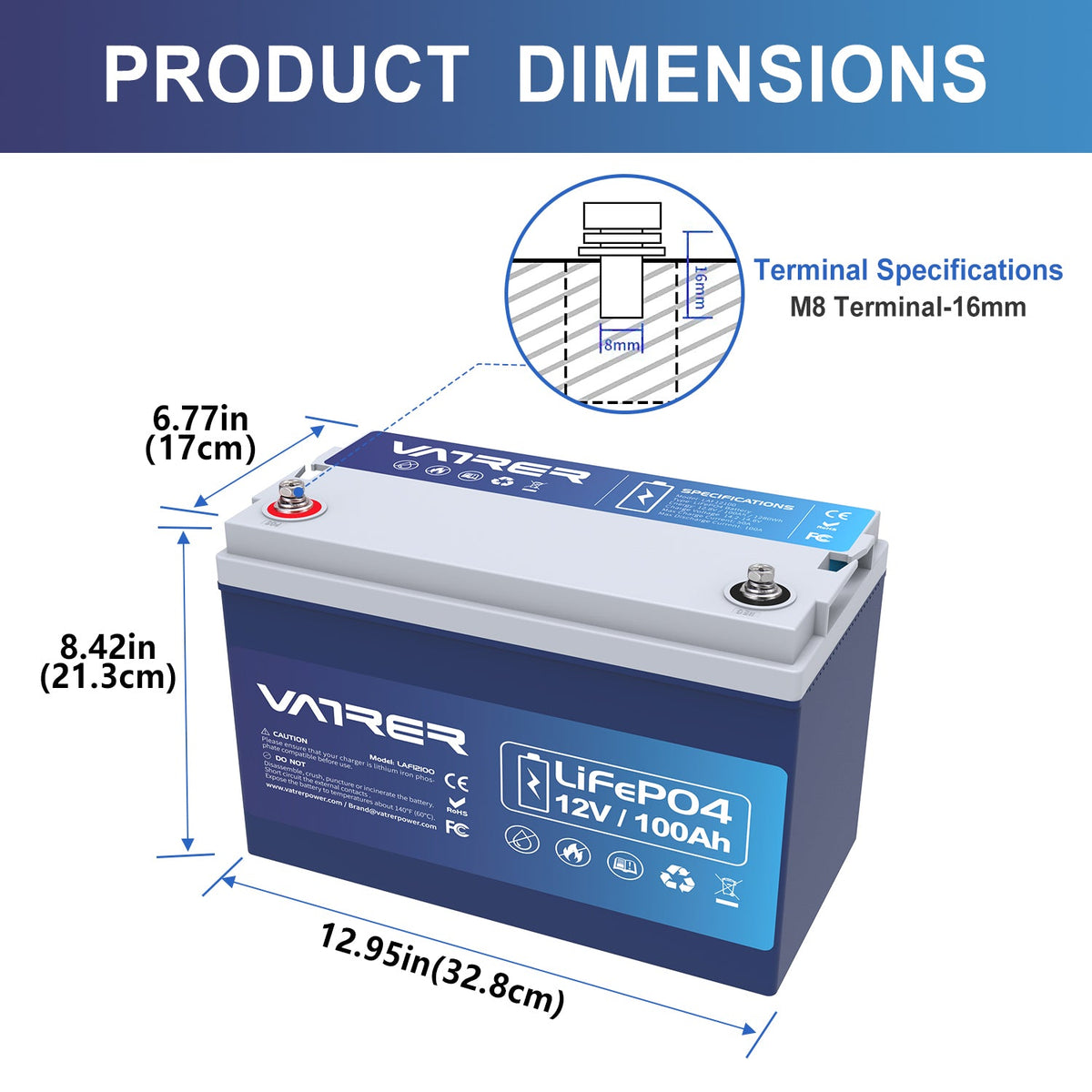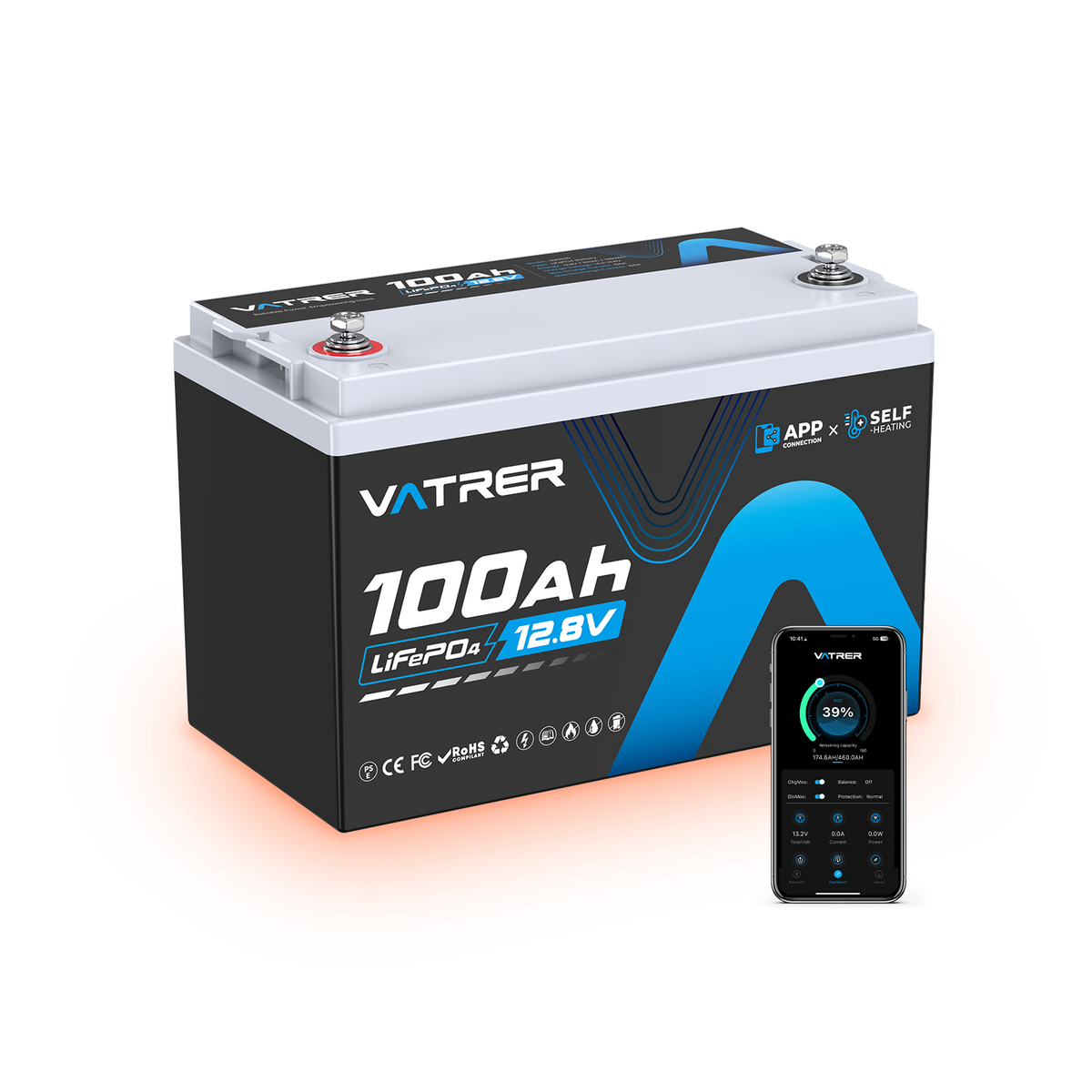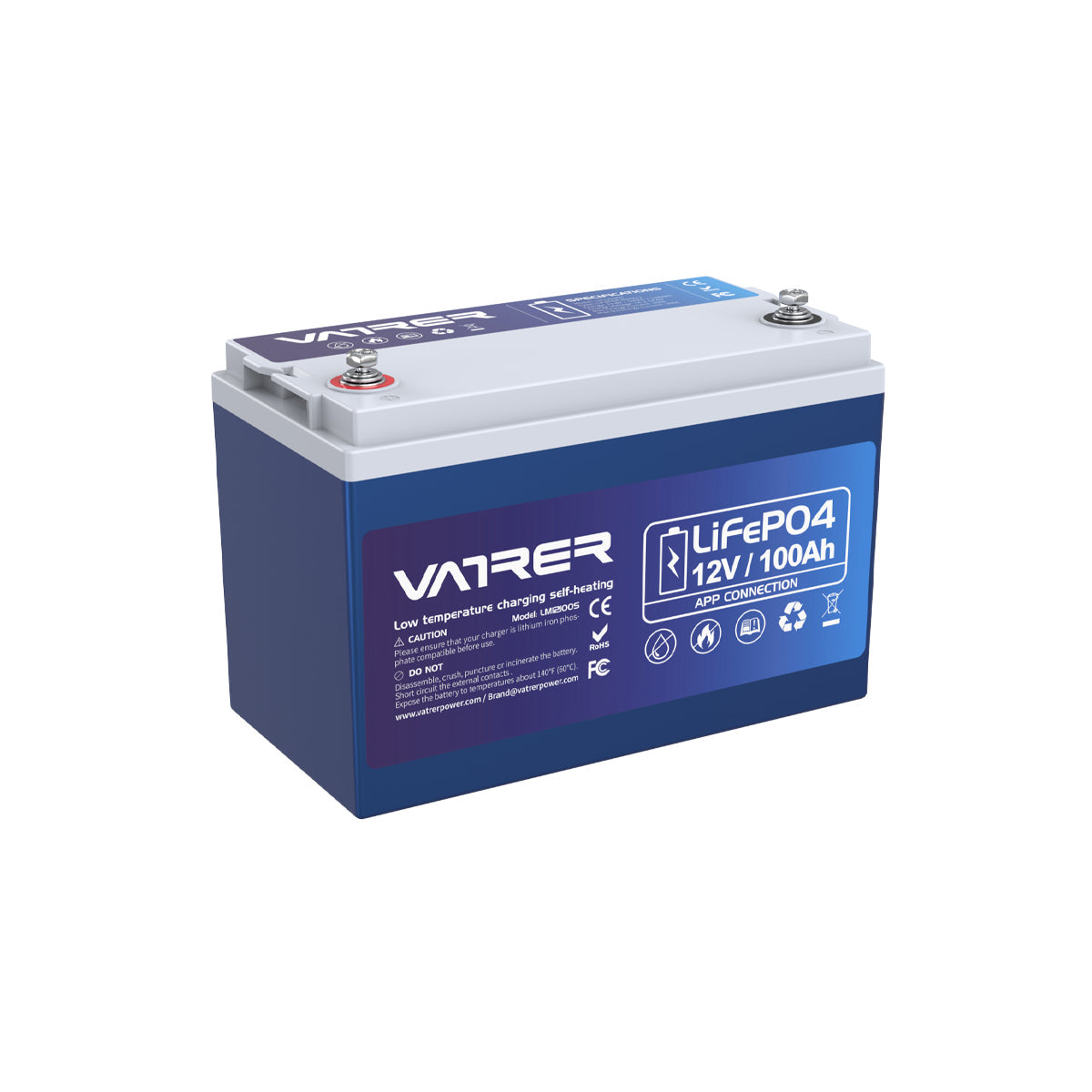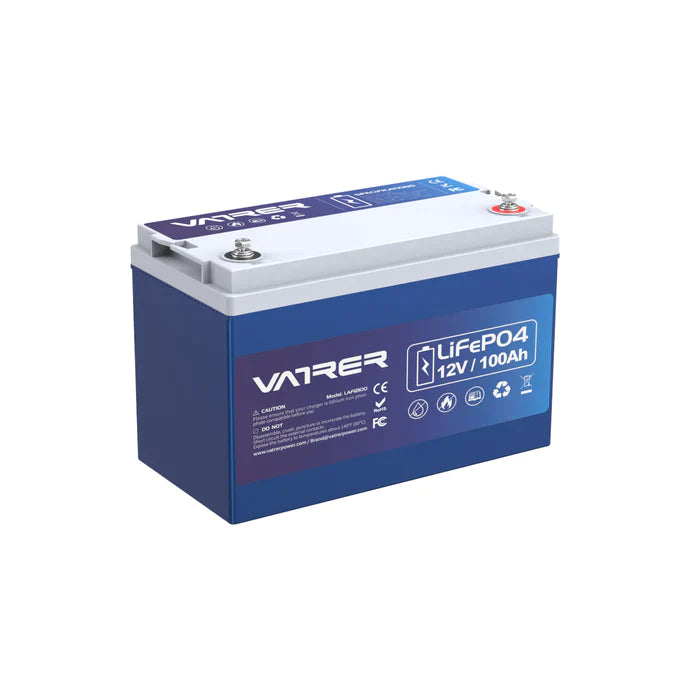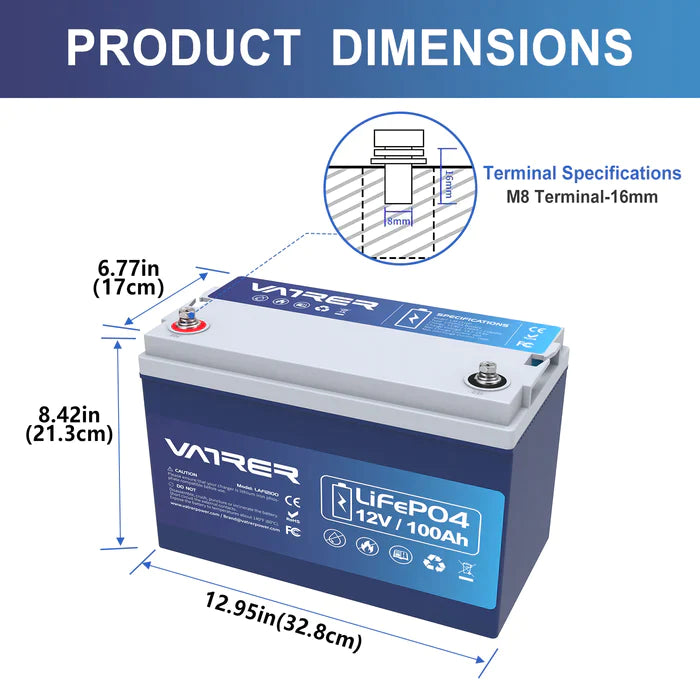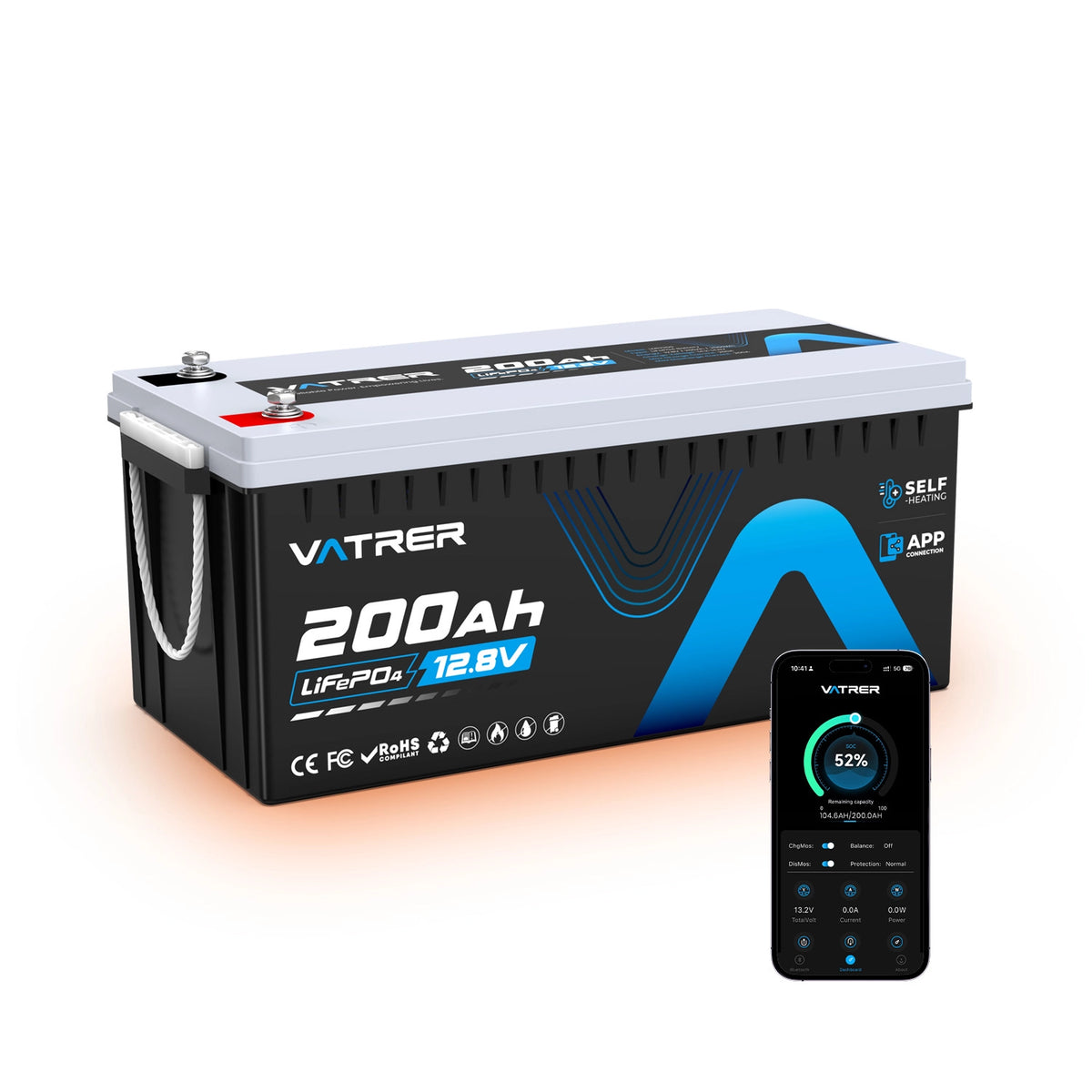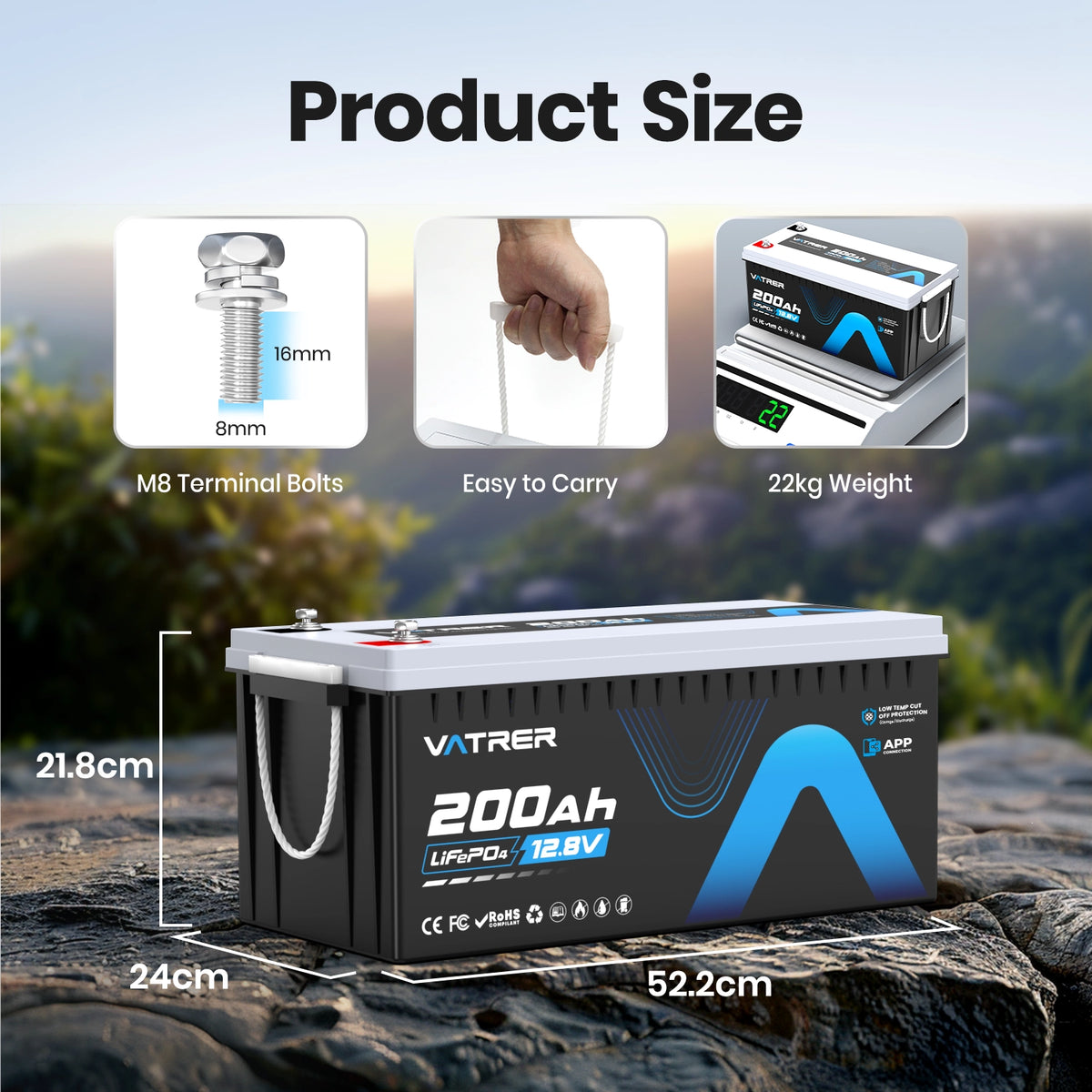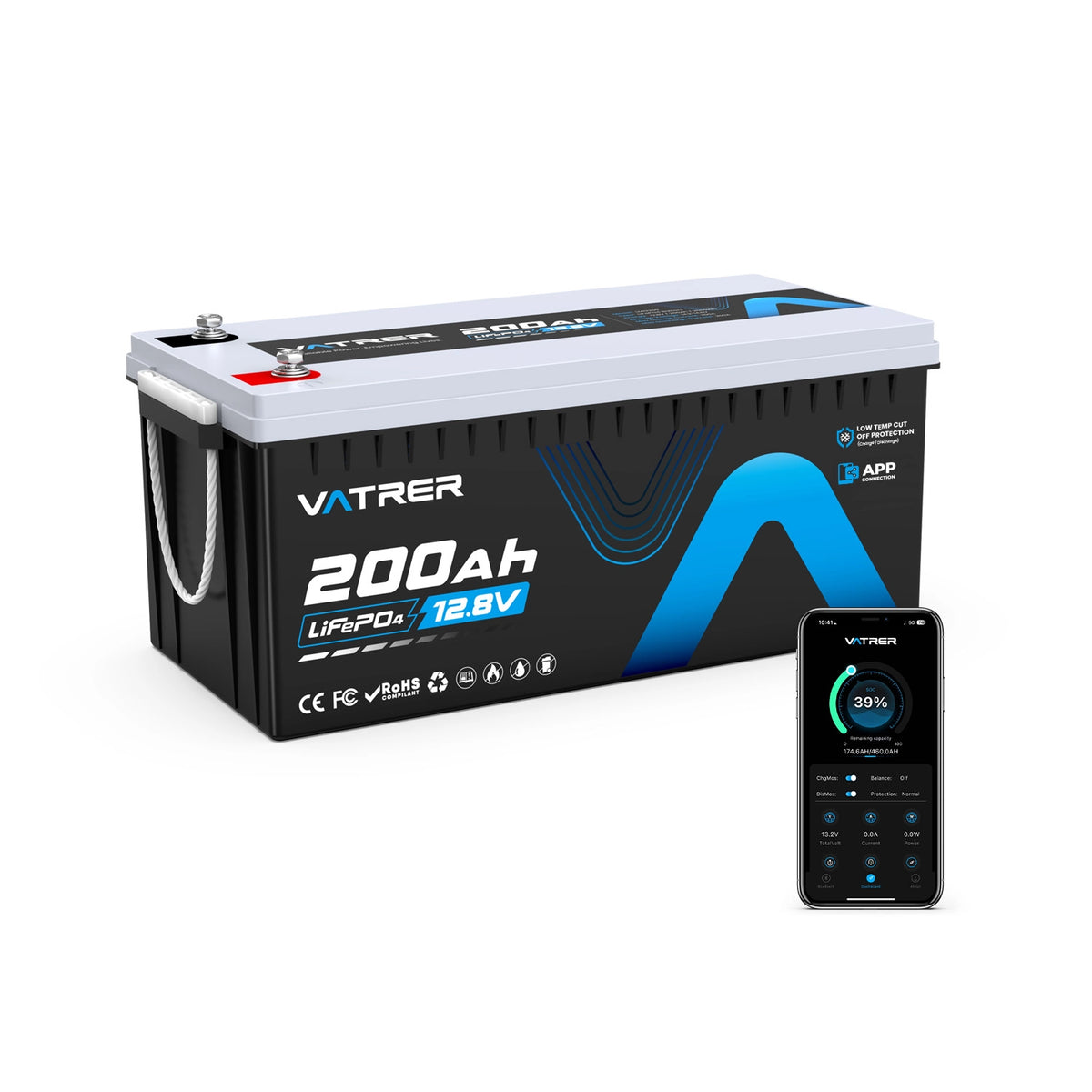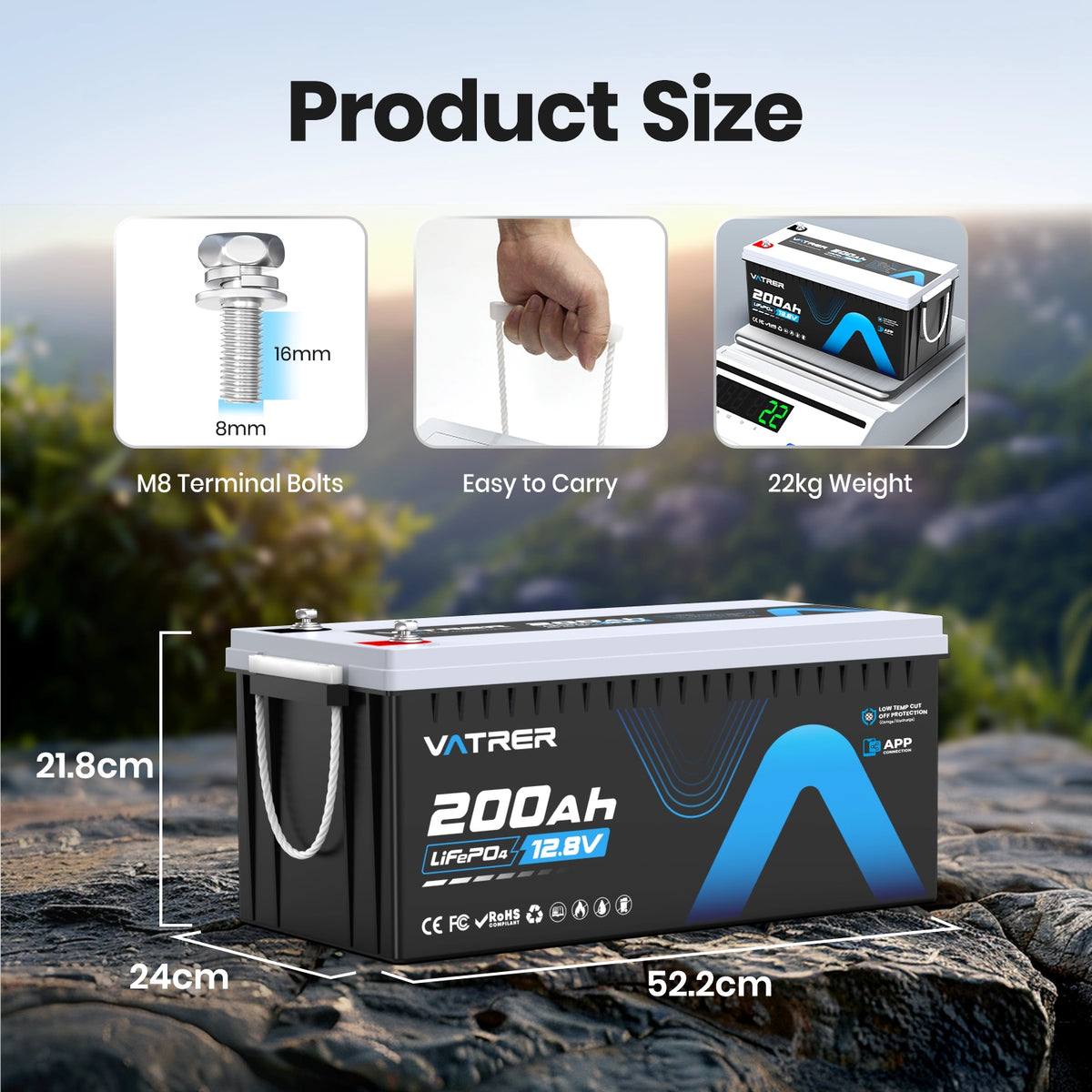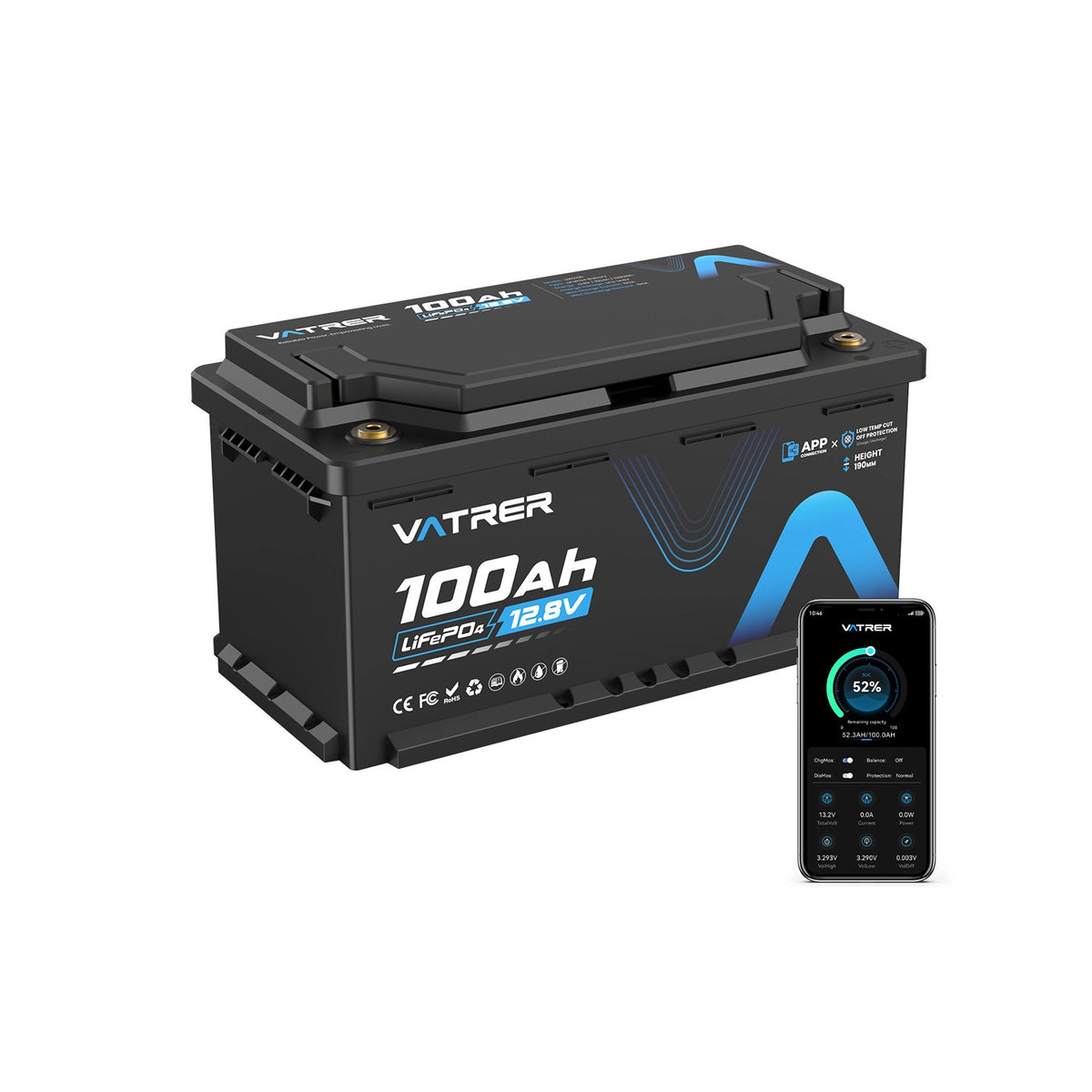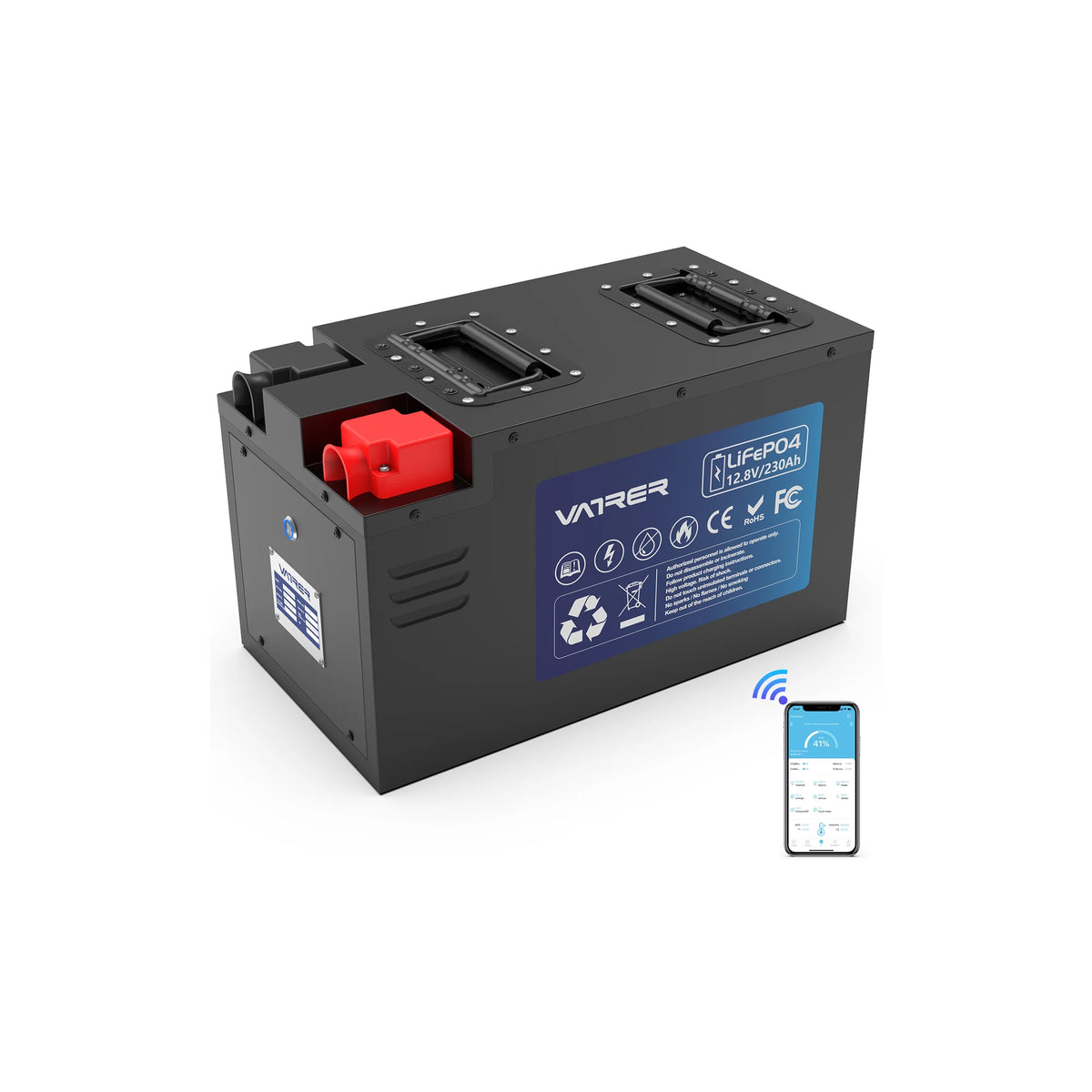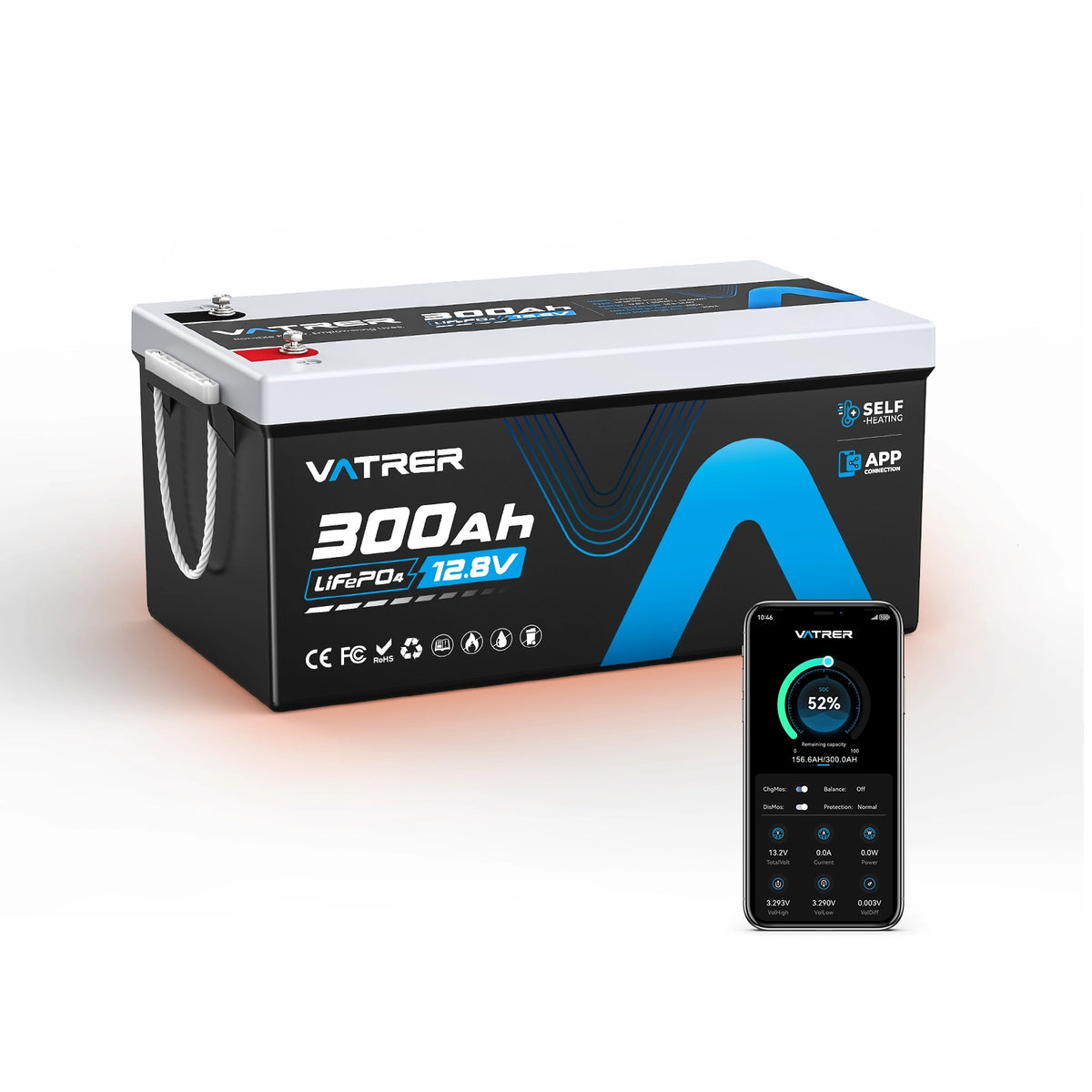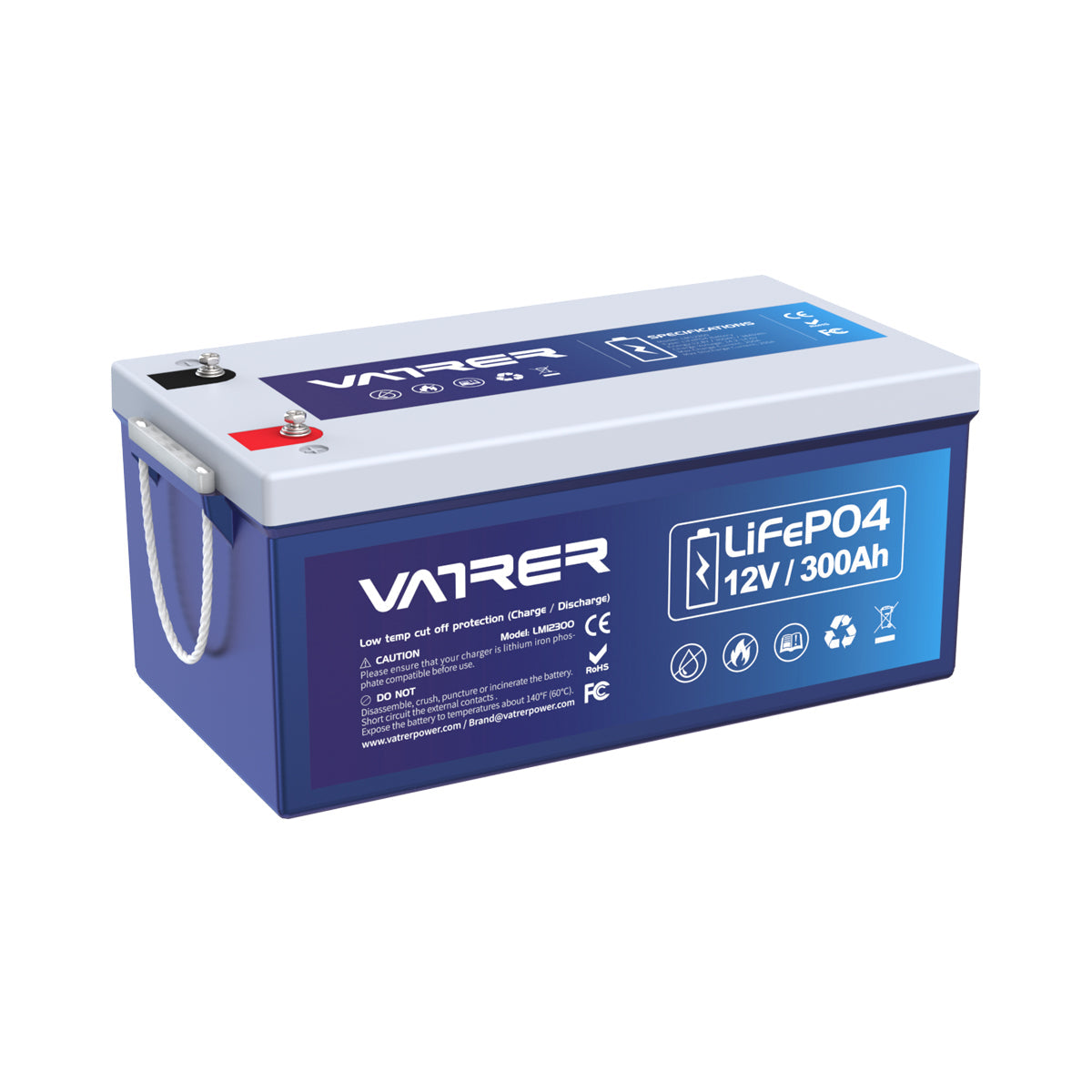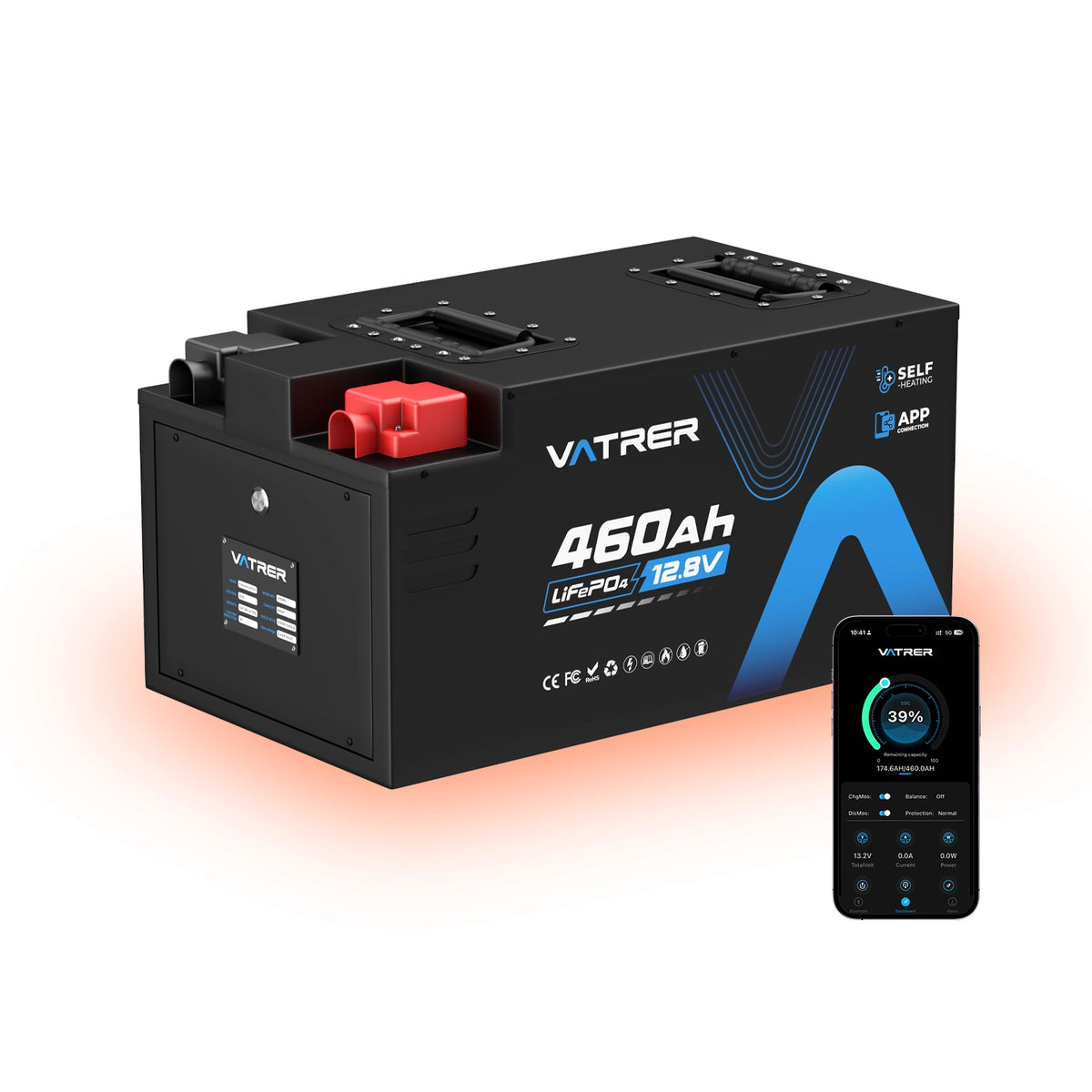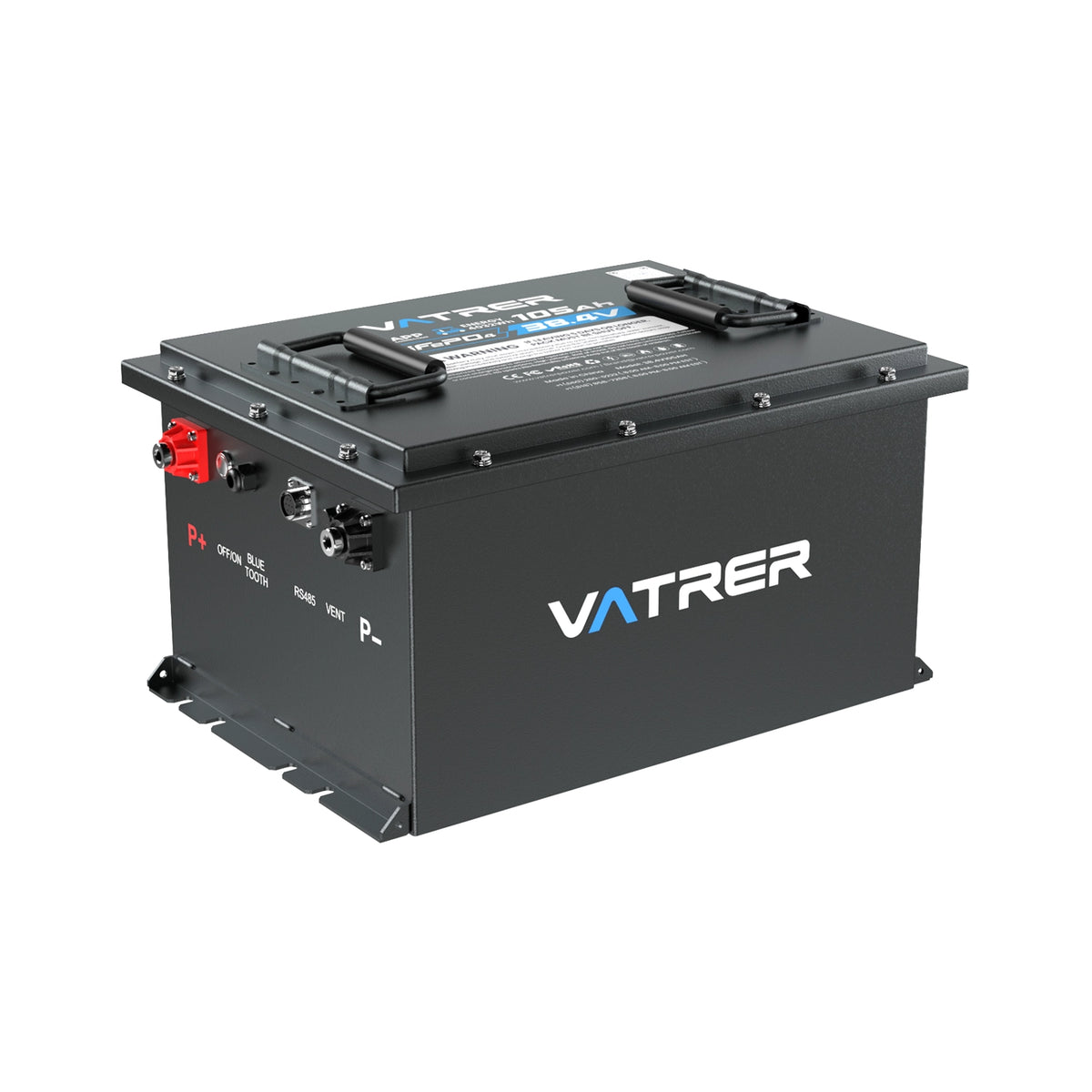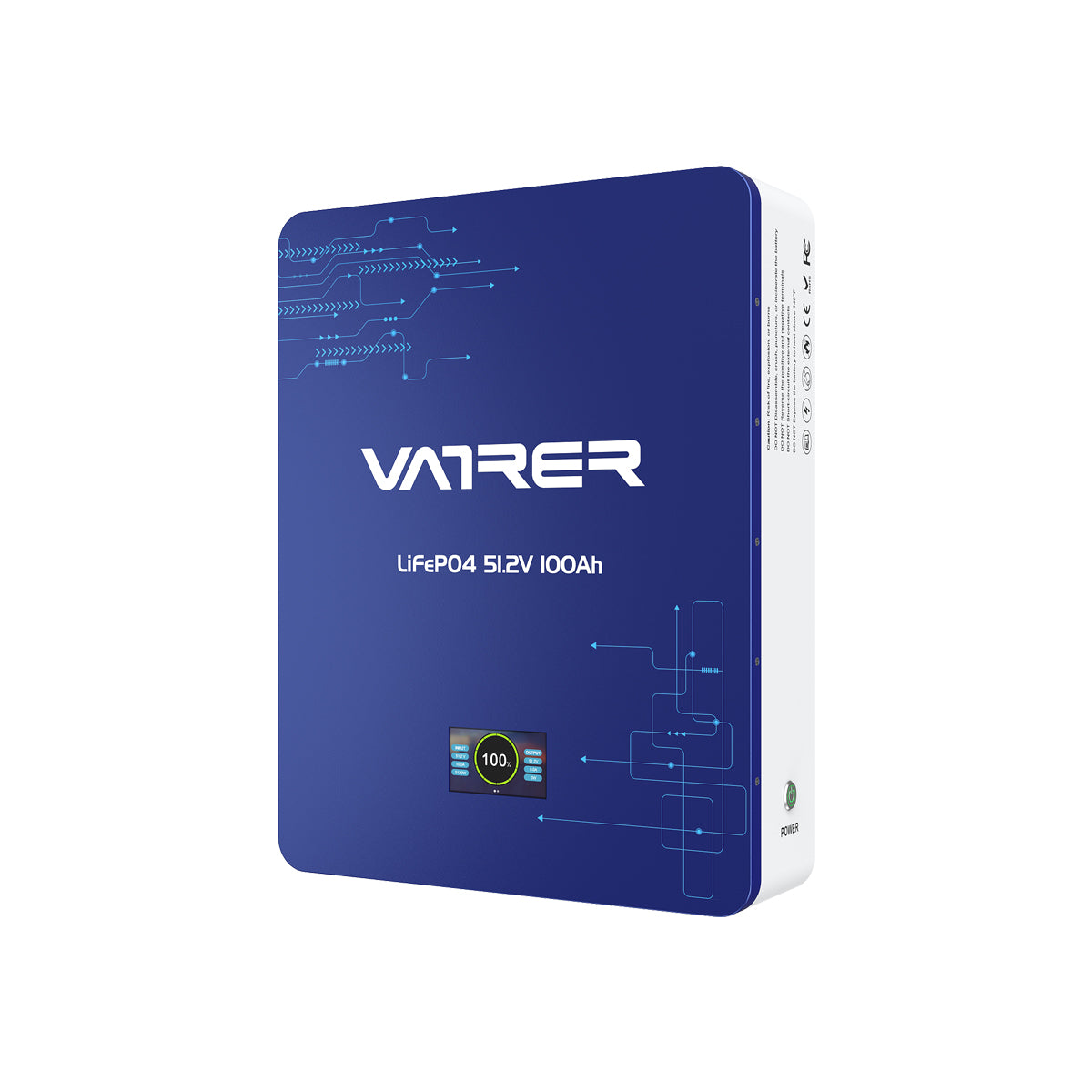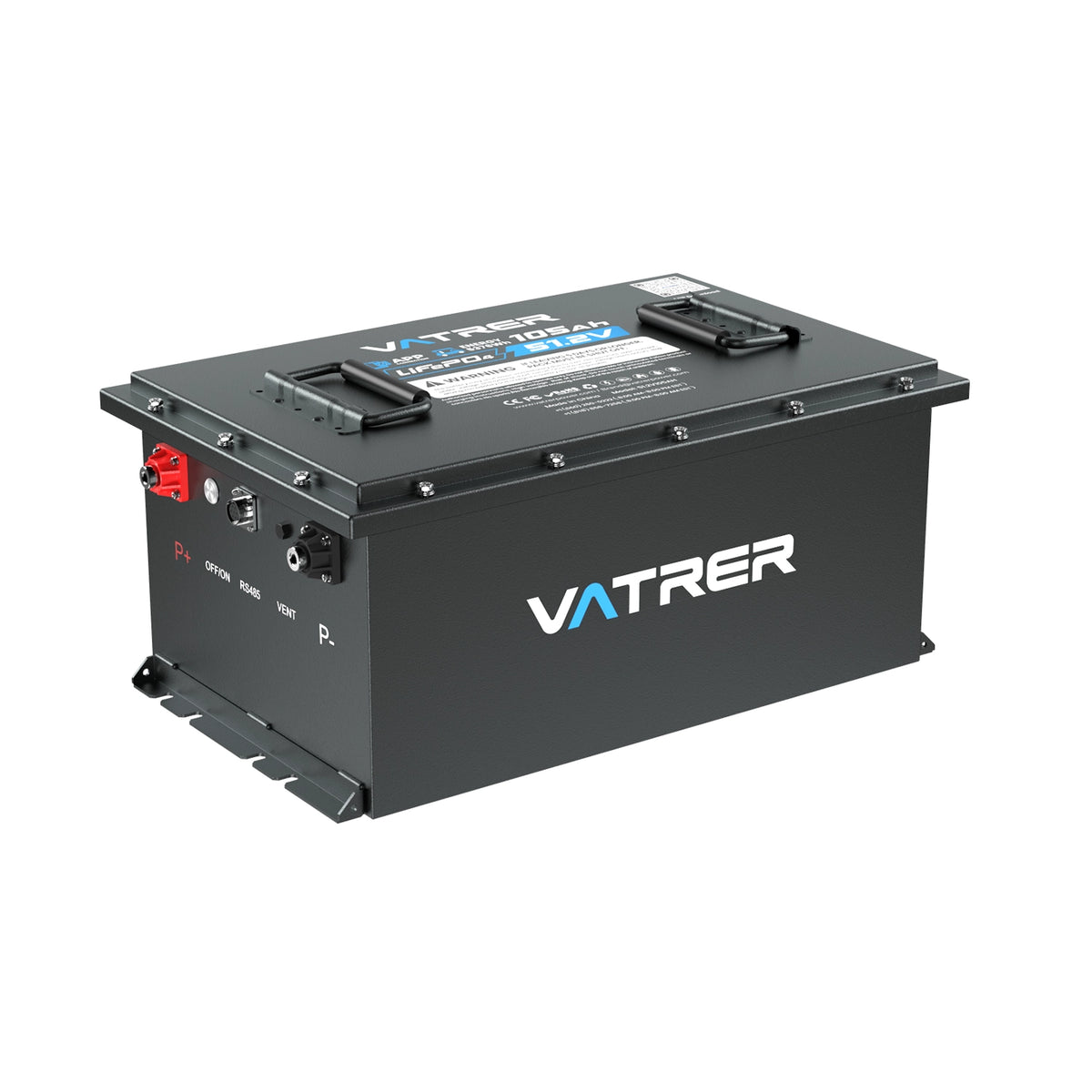In the world of batteries, particularly when it comes to applications like renewable energy systems, RVs, and marine uses, two types often dominate the discussion: Lithium Iron Phosphate (LiFePO4) and Absorbent Glass Mat (AGM). Both types have their advocates and detractors, but the question remains: Is LiFePO4 better than AGM? In this blog, we'll dive deep into the characteristics, benefits, and drawbacks of each to help you make an informed choice.
Understanding the Basics
AGM (Absorbent Glass Mat) Batteries are a type of lead-acid battery that uses a glass mat separator and sulfuric acid to trigger a reaction that produces electricity. They are known for their better performance over traditional flooded lead-acid batteries, especially in terms of maintenance and spill-proof qualities.
LiFePO4 (Lithium Iron Phosphate) Batteries, on the other hand, belong to the lithium-ion family and use lithium iron phosphate as the cathode material. They are celebrated for their long life, stability, and efficiency.
Performance Comparison
-
Cycle Life:
- LiFePO4: These batteries excel in cycle life, offering up to 2000-5000 cycles under typical usage conditions. This longevity is significantly higher compared to AGM batteries.
- AGM: Typically, AGM batteries offer around 300-600 cycles. The shorter cycle life makes them less ideal for applications where frequent charging and discharging occur.
-
Efficiency:
- LiFePO4: These batteries are highly efficient, with charge and discharge efficiencies of about 98%. This means they can store and deliver almost all the energy received from a charger.
- AGM: The efficiency for AGM batteries usually hovers around 80%, meaning they lose more energy in the form of heat during charging and discharging.
-
Depth of Discharge (DoD):
- LiFePO4: They can be regularly discharged to 80% or more of their capacity without significant impacts on their lifespan.
- AGM: It's generally recommended not to discharge AGM batteries beyond 50% of their capacity to preserve their lifespan.
-
Weight and Size:
- LiFePO4: These are lighter and often smaller than AGM batteries for a similar capacity, making them ideal for mobile applications.
- AGM: They are heavier and larger, which can be a drawback in mobile setups or where space is a premium.
Cost Analysis
While LiFePO4 batteries generally have a higher upfront cost, their longer lifespan and greater efficiency can make them more cost-effective in the long term. AGM batteries, being cheaper initially, might seem appealing but could cost more over time due to their shorter lifespan and lower efficiency.
Environmental Impact and Safety
LiFePO4 batteries are safer and more environmentally friendly compared to AGM batteries. They are non-toxic, do not off-gas, and are less prone to thermal runaway issues. AGM batteries, while safer than traditional lead-acid batteries, still contain lead and sulfuric acid, which have greater environmental disposal concerns.
Conclusion
Deciding whether LiFePO4 is better than AGM depends largely on your specific needs and application. For those requiring durability, efficiency, and longer lifespan, LiFePO4 is undoubtedly the superior choice. However, for applications where initial budget constraints are tighter and the demands on cycle life and efficiency are lower, AGM batteries might still be suitable.
Ultimately, the shift towards LiFePO4 is evident in industries that prioritize sustainable, long-term solutions. As technology progresses and costs continue to decrease, it is likely that LiFePO4 batteries will become the standard choice for most applications where battery performance and efficiency are critical.







